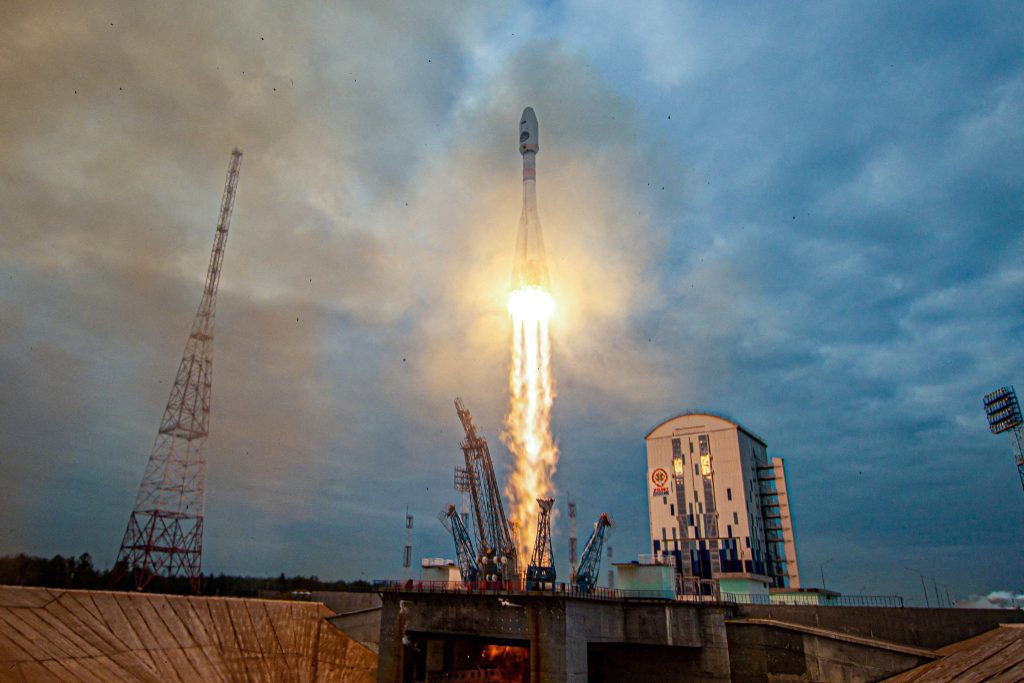
MOSCOW – Russia’s first moonshot in nearly half a century has failed after its Luna-25 spacecraft spun out of control and smashed into the moon.
Following are details about the mission and what its failure is likely to mean.
LUNA-25
It was Russia’s first moon mission since the Soviet Union’s Luna-24 returned with samples from the moon in 1976.
A Soyuz 2.1 rocket carrying the Luna-25 craft blasted off from the Vostochny cosmodrome, 3,450 miles (5,550 km) east of Moscow, at 2:11 a.m. Moscow time on Aug. 11.
The lander was boosted out of Earth’s orbit toward the moon a little over an hour later. It entered the moon’s orbit on Aug. 16 and was due to attempt a soft landing on Monday.
‘ABNORMAL SITUATION’
Russia’s state space corporation, Roskosmos, said an “abnormal situation” occurred as mission control tried to move the craft into a pre-landing orbit at 11:10 GMT on Saturday.
It lost communication with the craft at 11:57 GMT on Saturday.
“The apparatus moved into an unpredictable orbit and ceased to exist as a result of a collision with the surface of the Moon,” Roskosmos said in a statement.
It said a special commission was looking into why the moonshot failed.
WHAT DOES FAILURE MEAN FOR RUSSIA?
Failure for the prestige mission underscores the decline of Russia’s space power since the glory days of Cold War competition when Moscow was the first to launch a satellite to orbit the Earth – Sputnik 1, in 1957 – and Soviet cosmonaut Yuri Gagarin became the first man to travel into space in 1961.
Russia had not attempted a moon mission since Luna-24 in 1976, when Leonid Brezhnev ruled the Kremlin. Luna-25 was supposed to execute a soft landing on the south pole of the moon on Aug. 21, according to Russian space officials.
Failure also underscores the pressure on Russia’s $2 trillion economy, which has so far withstood what the West casts as the most stringent sanctions ever imposed.
The West says the sanctions have weakened Russia’s economy, particularly the high-technology parts of it which often rely on imports. President Vladimir Putin says Russia’s economy is showing remarkable strength.
Over the past three decades, Russia has considered various moon missions which were delayed or shelved amid the chaos of the 1991 fall of the Soviet Union and the ensuing economic and political turmoil.
The failure of the 2011 Fobos-Grunt mission to one of the moons of Mars underscored the challenges facing Russia’s space programme: it could not even exit the earth’s orbit and fell back to earth, smashing into the Pacific Ocean in 2012.
Eventually, in the early 2010s, Russia settled upon the idea of the Luna-25 mission to the south pole of the moon.
Inside Telecom provides you with an extensive list of content covering all aspects of the Tech industry. Keep an eye on our News & Tech sections to stay informed and updated with our daily articles.